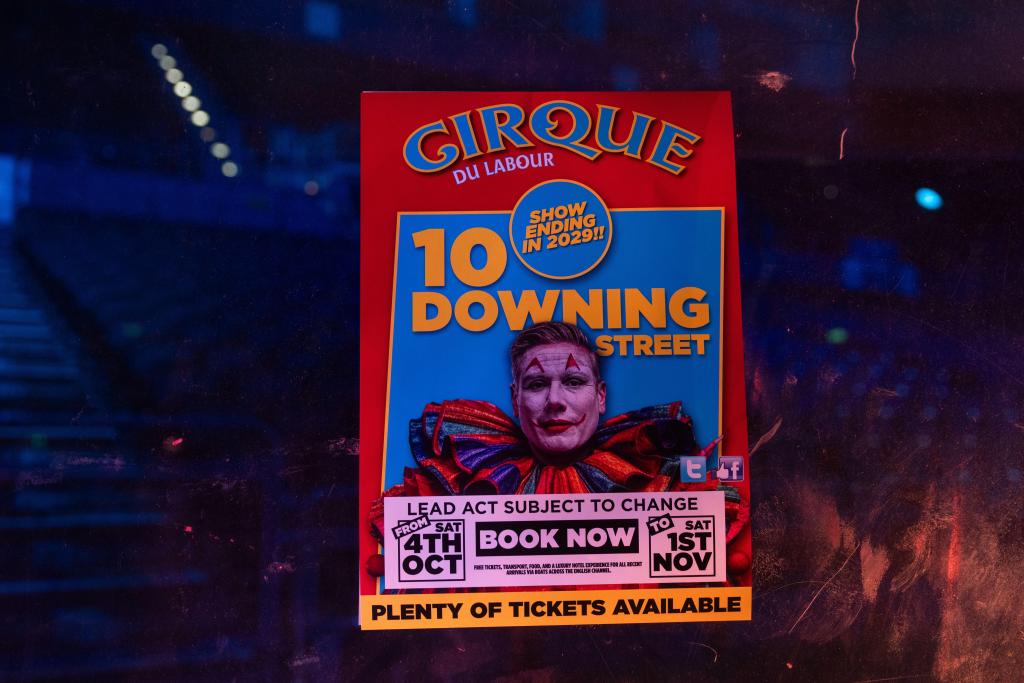In her Budget speech today, Chancellor Rachel Reeves will have four goals. Two political – keeping her own job and keeping Keir Starmer in his as PM – and two economic – avoiding a financial crisis and getting the economy going. Her chances look poor on all of them.
In the latest polling by Lord Ashcroft Polls, 76 per cent of voters expect the Budget to make them personally worse off, versus only 2 per cent who expected it to make them personally better off. Even amongst Labour voters, only 8 per cent expect the Budget to make them better off. As to making the country as a whole better off, only 11 per cent of voters expect the Budget to do that, with 72 per cent expecting it to make the country worse off. According to Opinium, 78 per cent of voters expect the Budget to be unfair.
How could any Chancellor expect to survive for long in office after passing a Budget that the vast majority of the public felt had made things worse and would do so in an unfair way? It is no surprise that according to Opinium, 75 per cent of those with an opinion, or 57 per cent of voters overall, say Reeves should resign. More broadly, her opinion poll satisfaction ratings plumb the depths since at least the mid-1970s. Little wonder she is feeling the pressure, lashing out at critics for ‘mansplaining’.
Reeves’s best chance of protection may be that if she goes, Starmer himself might not be far behind. But on that front things look, if anything, even worse. Clive Lewis has hinted he could vacate his own seat to make way for Andy Burnham to challenge Starmer. Now that a challenge from Burnham seems like only a matter of time, rival candidates are queuing up, with Angela Rayner, Wes Streeting, Ed Miliband and Darren Jones all being touted. Meanwhile, Labour is falling to opinion poll ratings never seen for a government before – repeatedly polling as low as 15 per cent and now often behind the Greens as well as the Conservatives. With support as weak as this, even the government’s democratic legitimacy is under question, and if Starmer can stagger on as far as the Welsh Senedd and Scottish Parliament Elections of 2026, current polling suggests Labour’s annihilation will be so complete that his fate will be sealed shortly afterwards.
As to avoiding a financial crisis, Reeves’s prospects are rapidly diminishing. Though many had noted that the £70 billion extra spending and £30-40 billion extra taxes she raised last year left her with little headroom relative to her own (loosened) fiscal rules and the risk high that spending would overshoot and tax revenues not come in as anticipated, there was still the hope that faster growth might save her from crisis. Technological developments such as AI might boost productivity; Trump’s tariffs might divert international trade to the UK; or perhaps we’d simply out-perform France and win an ‘ugly contest’. But Reeves’s spending plans rapidly fell apart, with even her very modest, narrow and symbolic cuts being rejected by MPs, leading to a marked overshoot in spending both this year and anticipated in future years. And although both real growth and inflation have been faster than anticipated, meaning the nominal size of the economy is larger, tax revenues have only been roughly as expected, meaning they have undershot as a percentage of GDP. Apparently this Budget will see even more spending increases – perhaps as much as £15 billion; maybe even more – to add to a ‘black hole’ of around £30 billion. She’ll be raising taxes to try to cover it. The chances are that once again the revenues won’t come in.
With so many pre-Budget leaks one might have thought the tax and spend changes Reeves will announce will already be priced in. But the chaos of pre-Budget briefings, with U-turns on income tax rises and other measures, have created so much confusion and uncertainty that there must be some risk not all changes are yet priced in. Gilt yields have risen by as much as 16 basis points in a day recently. If the Budget itself were to be responded to by 30 basis points or more, that would be roughly equivalent to the initial reaction to Truss’s mini-Budget. Don’t expect Reeves to last long if that happens.
And beyond all this is the poor old economy. The latest CBI survey shows business sentiment lower than early in Covid and approaching the levels of the Great Recession of 2008. Unemployment is 5 per cent — a level last exceeded (outside Covid) in 2016.
Things could get a lot worse yet. But at least Reeves can comfort herself that that will probably be some other Chancellor’s problem.







Comments